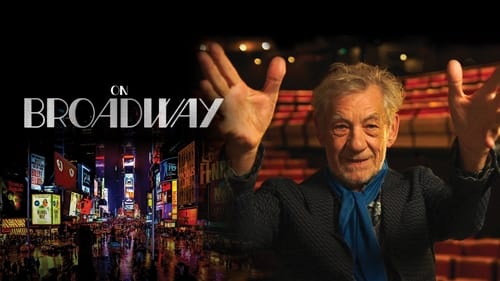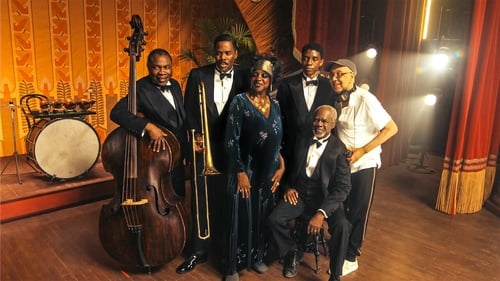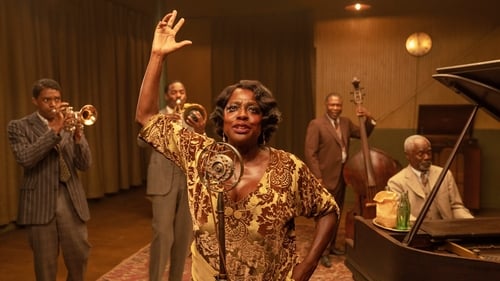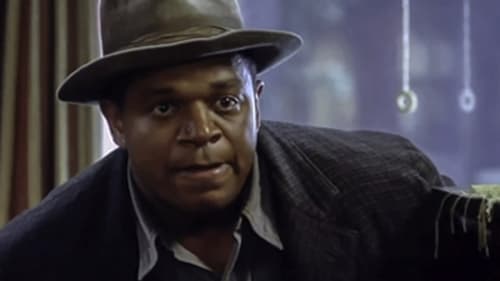
August Wilson
Рождение : 1945-04-27, Pittsburgh, Pennsylvania
Смерть : 2005-10-02
История
August Wilson (1945–2005) was an American playwright. He has been referred to as the "theater's poet of Black America". He is best known for a series of ten plays, collectively called The Pittsburgh Cycle, which chronicle the experiences and heritage of the African-American community in the 20th century. Plays in the series include, Jitney (1982), Fences (1984), Ma Rainey's Black Bottom (1984), Joe Turner's Come and Gone (1986), The Piano Lesson (1987) and King Hedley II (1999). Two of his plays received the Pulitzer Prize for Drama (Fences and The Piano Lesson), and one the Tony Award for Best Play (Fences). In 2006 Wilson was inducted into the American Theater Hall of Fame.
Since Wilson's death two of his plays have been adapted into films: Fences (2016) and Ma Rainey's Black Bottom (2020). Actor/director/producer Denzel Washington has shepherded the films and has vowed to continue his legacy by adapting the rest of his plays into films for a wider audience by saying, "The greatest part of what’s left of my career is making sure that August is taken care of".

Self
An all-star cast tells the inside story of the Broadway theater, and how it came back from the brink thanks to innovative work, a new attention to inclusion and a sometimes uneasy balance between art and commerce. Legends of the stage and screen—including Helen Mirren, Christine Baranski, August Wilson, James Corden, Alec Baldwin, John Lithgow, Viola Davis, Hugh Jackman and Ian McKellen—take us behind the scenes of Broadway's most groundbreaking and beloved shows, from A Chorus Line to Hamilton. Iconic performances by Lin Manuel Miranda, Patti LuPone, Bernadette Peters, James Earl Jones and Mandy Patinkin lead the way on a hurly burly ride through Times Square, once again the main street of American show business in this documentary directed by Academy-Award nominee Oren Jacoby.

Self (archive footage)
Viola Davis, Denzel Washington, George C. Wolfe and more share the heart, soul and history that brought August Wilson's timeless play to the screen.

Theatre Play
Чикаго, 1927 год. История легенды американского блюза Ма Рейни, карьера которой оказалась под угрозой, когда её менеджеры захотели забрать права на всю ею музыку. Помочь Ма вызвался трубач Ливи, имевший виды на подругу певицы и желающий занять свою нишу в музыкальной индустрии Америки.

Theatre Play
Бывший бейсболист афро-американского происхождения, теперь собирающий мусор с улиц Питтсбурга, изо всех сил старается обеспечить свою семью в Америке 1950-х, где расовый вопрос все еще остается открытым.

Screenplay
Бывший бейсболист афро-американского происхождения, теперь собирающий мусор с улиц Питтсбурга, изо всех сил старается обеспечить свою семью в Америке 1950-х, где расовый вопрос все еще остается открытым.

Himself
Unprecedented access to Wilson’s theatrical archives, rarely seen interviews and new dramatic readings bring to life his seminal 10-play cycle chronicling a century of African-American life. Wilson won two Pulitzer Prizes for Drama.

Producer
1930's Pittsburgh, a brother comes home to claim "my half of the piano", a family heirloom; but his sister is not wanting to part with it. This is a glimpse of the conditions for African-Americans as well as some of the attitudes and influences on their lives. But whether he is able to sell the piano so that he can get enough money to buy some property and "no longer have to work for someone else" involves the story (or lesson) that the piano has to show him.

Original Story
1930's Pittsburgh, a brother comes home to claim "my half of the piano", a family heirloom; but his sister is not wanting to part with it. This is a glimpse of the conditions for African-Americans as well as some of the attitudes and influences on their lives. But whether he is able to sell the piano so that he can get enough money to buy some property and "no longer have to work for someone else" involves the story (or lesson) that the piano has to show him.

Teleplay
1930's Pittsburgh, a brother comes home to claim "my half of the piano", a family heirloom; but his sister is not wanting to part with it. This is a glimpse of the conditions for African-Americans as well as some of the attitudes and influences on their lives. But whether he is able to sell the piano so that he can get enough money to buy some property and "no longer have to work for someone else" involves the story (or lesson) that the piano has to show him.

Writer
In 1936, an ornately carved piano - the Charles family's prized possession - has been gathering dust in the parlor of Berniece Charles' Pittsburgh home. When Boy Willie, Berniece's exuberant brother, bursts into her life with his dream of buying the same Mississippi land that his family had worked as slaves, he plans to sell their antique piano for the cash he needs to stake his future. But Berniece refuses to sell, clinging to the piano as a reminder of the history that is their family legacy.

Theatre Play
In 1936, an ornately carved piano - the Charles family's prized possession - has been gathering dust in the parlor of Berniece Charles' Pittsburgh home. When Boy Willie, Berniece's exuberant brother, bursts into her life with his dream of buying the same Mississippi land that his family had worked as slaves, he plans to sell their antique piano for the cash he needs to stake his future. But Berniece refuses to sell, clinging to the piano as a reminder of the history that is their family legacy.






